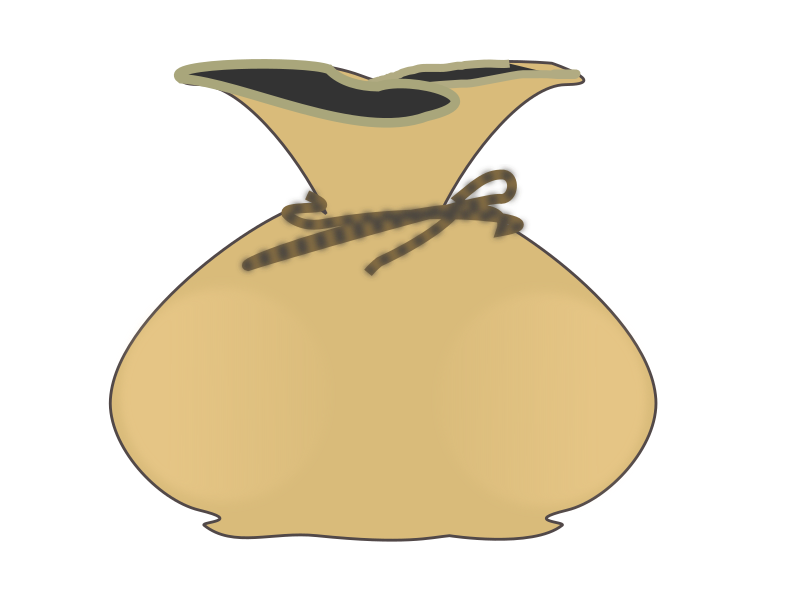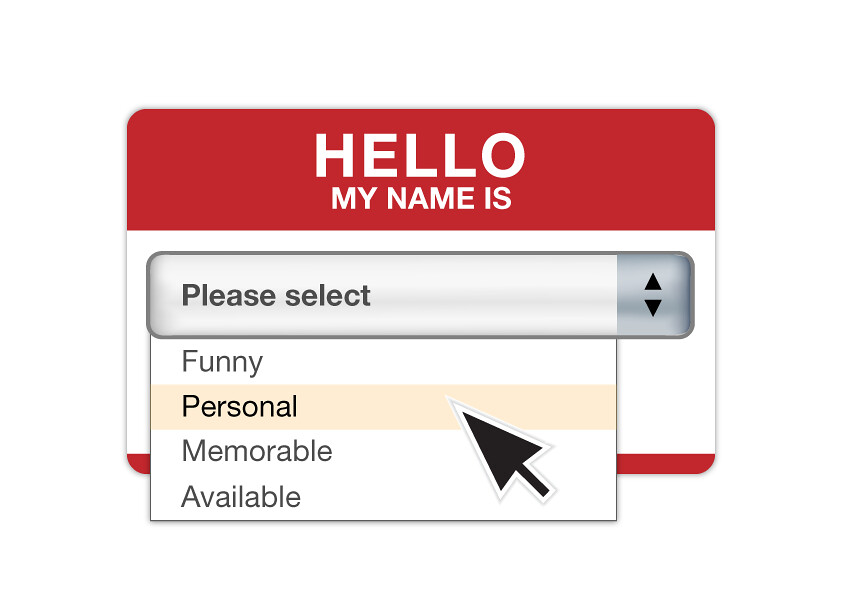Somebody asked me about being a writer the other day, and I told them what I always tell everyone: I don't recommend it. The person replied that they know it's hard, but they don't expect to make any money from their writing anyway. It's a romantic notion, isn't it, to simply write for the love of writing? But long gone are the days when the noble artist could be sponsored by a wealthy patron, some sort of Duke or maybe even a King, and simply do their writing for the love of it. You can't eat words. So maybe it's not about the money, but it's still going to be about a whole lot of hard work. When you don't even get money for doing it, you're setting yourself up for a long, hard, uphill walk.
It's Not About the Money, Money, Money
If you're not into writing for the money, that's just swell. But you're going to have to be into something for the money, unless your last name is Vanderbilt and then this doesn't apply to you. But on the off chance that it's not and you're a pretty normal person, you're going to need some money. If you're not writing to get money then you're doing something else to get money and writing just for fun. And now, things are getting dicey.


































